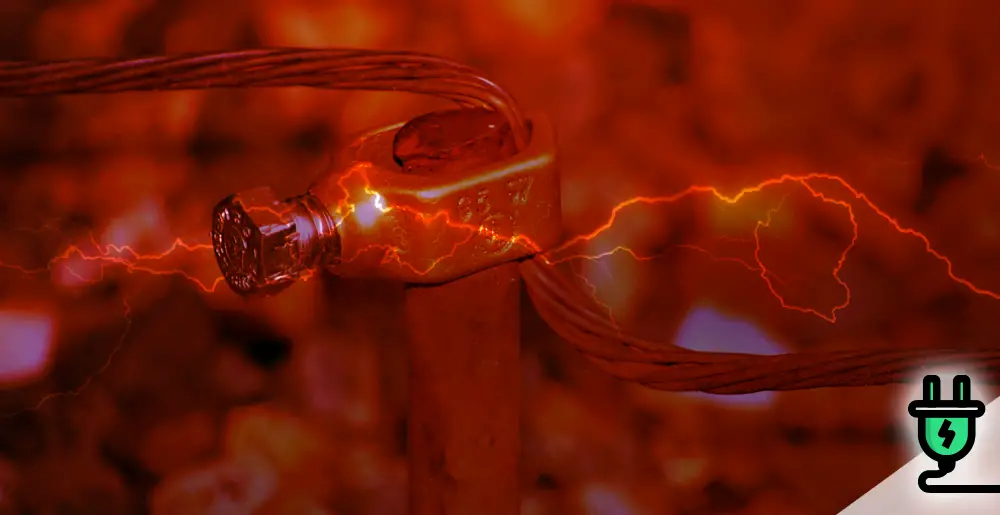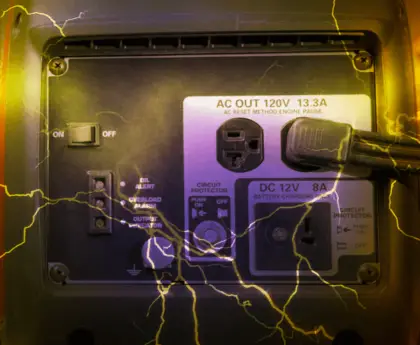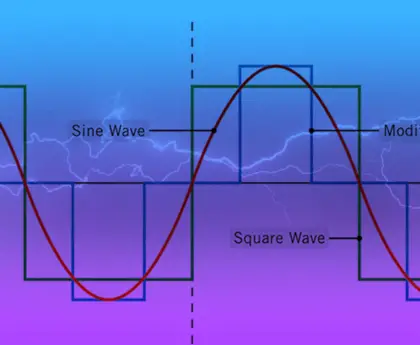It’s tough to beat the peace of mind that portable generators provide.
Just knowing that you are going to have a backup power source on hand if you find yourself in a blackout situation is extremely comforting.
At the same time, it’s important that homeowners (especially those that don’t have a lot of experience with portable generators) understand that there’s a lot more that goes into safely running this equipment than just fueling it up and flipping a switch.
For example, do portable generators need to be grounded for safe operation? You bet they do!
If you are shopping for a portable generator its important to understand the differences between generators that require external grounding to those that are self grounded. Let’s take a closer look at Generator grounding in more detail.
Do All Portable Generators Need to be Grounded?
Yes. Most modern portable generators are built in such a way that the metal frame surrounding the generator itself actually acts as a grounding mechanism. The fuel tank, the engine, and the generator itself are essentially “bonded” to the metal frame.
That allows any excess energy operating outside of the generator to flow directly into the ground through the frame components.
Some generators, though, do not have any grounding whatsoever and need you to actually use a grounding rod. We dig a little bit deeper into what that all involves in just a moment.
How to Identify if a Portable Generator Needs to be Grounded?
If you are wondering “do portable generators need to be grounded” regarding your specific hardware you’ll want to look at the owners manual. It’ll tell you (plain English) whether or not your unit is grounded already – and if not, how to tackle the process quickly, safely, and inexpensively.
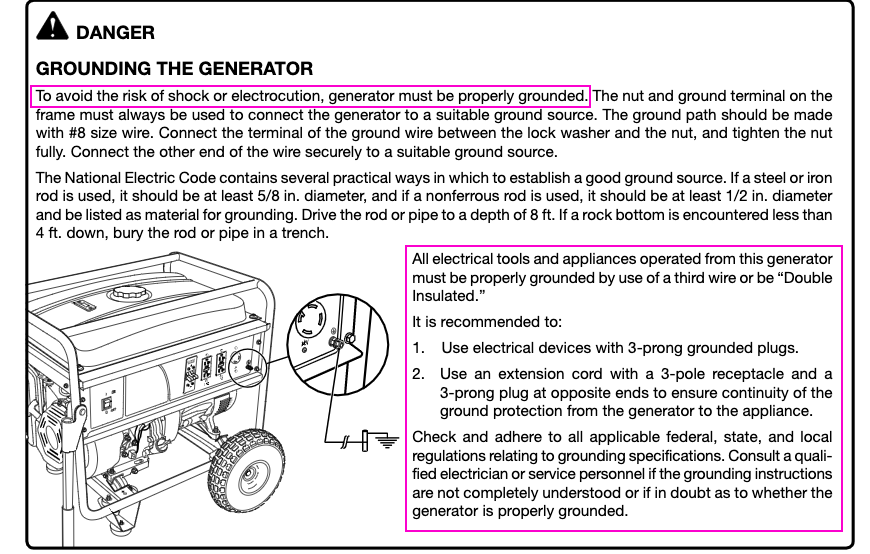
What are the Risks of Not Grounding a Portable Generator?
If you ignore the grounding process you run the risk of a couple of not so pleasant things happening.
For one thing, you run the risk of damaging your generator and potentially even avoiding its warranty.
It doesn’t take a whole lot for the sensitive electronics and circuitry in modern generators to get damaged by a power overload if the electricity being produced isn’t grounded. It doesn’t take a whole lot for these components to be damaged by high temperatures cause from excessive energy, either.
Of course, you also have to worry about potential electrocution problems, sparks shooting off of your ungrounded generator, and potential fire hazards being created by this problem.
It only takes a couple of moments to effectively ground a portable generator, eliminating these risks (almost) altogether. Make sure that you go through the grounding process for sure.
How to Ground Your Portable Generator
You’ll need to get your hands on a couple of things to ground your generator effectively:
- Copper grounding rods – This is a rod designed specifically to ground electronics, allowing excess electrical current to be safely dissipated into the earth. Look for copper grounding rods that are at least four feet in length (if not longer), allowing you to drive them deeper and get safer dissipation.
- Copper grounding wire – You’ll need something to connect your grounding rods to your generator, and nothing does a better job than copper wire. The actual amount of wire you’ll need is going to be dependent on your specific generator, the grounding rods you use, the distance between the rods and the generator itself, and a bunch of other specifics unique to your situation.
- Rubber mallet – A decent rubber mallet (strong and stout) will let you drive your copper grounding rods deeper into the earth without damaging the rod made of soft copper along the way. These kinds of mallets also have larger faces than traditional hammers, allowing you to more accurately strike the rod and get it into the ground.
After getting all of your supplies ready, it’s time to actually run through the grounding process.
For starters, you’ll want to pick a spot to drive your grounding rod into the earth a few feet away from the actual generator itself.
Pick a location that isn’t literally right up against a generator but not a mile or two away from the hardware, either. You’re still going to need to run copper wiring to this grounding rod, after all.
Next, drive that grounding rod at least 4 feet into the earth (and ideally 8 feet if you have the opportunity to do so). This is going to guarantee that all of the electricity that is dissipated into the earth’s deep enough that it’s not going to potentially electrocute any of the people walking around the area.
If you can’t drive the rod straight down into the earth, do shoot for a 45° angle. That’ll make sure that you get as deep as possible without posing any safety risks.
Finally, it’s time to connect the copper wire to the grounding rod first and then connected to the actual generator itself. Make sure that the generator is off when you do this to avoid accidental electrocution.
Find the grounding bolt on your generator (your owner’s manual will point you in the right direction) and attach the copper wire directly to it. Tighten things down on both ends and you are good to go.
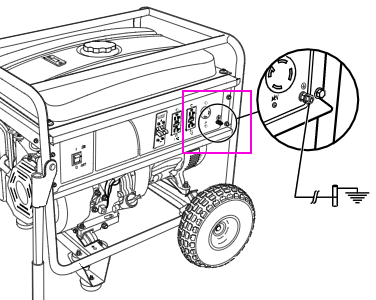
You should be able to safely and confidently fire up your portable generator, knowing that the whole thing is effectively grounded from here on out!
Grounding Kit Recommendations
To ensure your portable generator is safe to use, grounding it is essential. Choosing the right grounding kit is important to consider. Below are our recommendations for the best portable generator grounding kits on the market to consider.
Final Thoughts
Hopefully this post has answered the do portable generators need to be grounded question, and how to go about the grounding process.
Portable generators are a great way to provide emergency power for your home. However, you need to know how it works and what safety precautions should be taken while operating one of these units in order not risk injury or damage from improper use.
